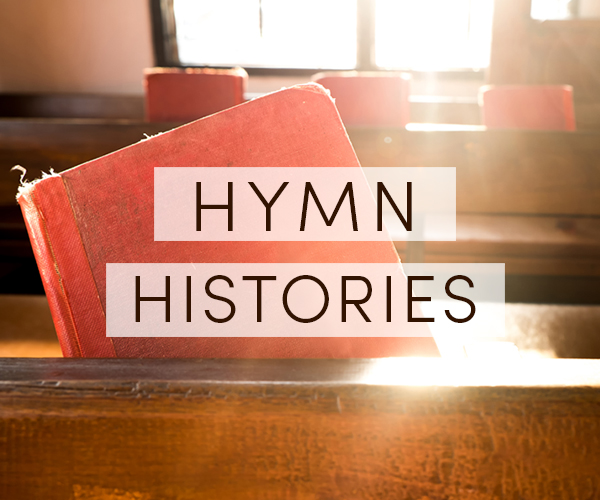Hymn: a song of praise to God. It seems simple, but have you ever read the stories behind the beloved lyrics of your favorite classic hymns?
Each month in 2022 we are sharing the story behind one of our favorite classic hymns. We hope these stories will encourage you and help you worship, just like the hymnist, amid hurt, hope, fear, thanksgiving, joy, or loss.
This month we’re sharing the story behind All Creatures of Our God and King.
Francis of Assisi was known as a lover of all of God’s creatures. This paraphrase of his “Canticle of the Sun” invites many elements of creation to join in praising the Creator. The text was written in 1225 during an unusually hot summer when Francis was ill and losing his sight. The straw hut provided by Clare (a friend who founded and order for nuns similar to the Franciscans) was invaded by a swarm of field mice. During his final illness, Francis added a stanza giving thanks for “our Sister, the death of the body.”
This paean of praise is thought to be the oldest religious poem in the Italian language. Popular devotional poetry known as laudi spirituali began in this period and evolved eventually into the 16th-century oratorio. These songs in dialogue form were dramatized in that part of the church known as the oratorio. The paraphrase included here was made by William Henry Draper for a children’s Whitsuntide festival at Leeds, England, some time between 1899 and 1919. It was first published in Draper’s Hymns of the Spirit (1926). The first United States publication was in The Oxford American Hymnal for Schools (1930). Howard Robins translated the poem more literally as “Most High, Omnipotent, Good Lord” in 1939. “All Creatures of Our God and King” was first published by Southern Baptists in Baptist Hymnal (Nashville, 1956, No. 3).
LASST UNS ERFREUEN was derived from a folk tune popular among Roman Catholics in 17th-Century Germany. The name comes from the Easter hymn with which it appears in Geistliche Kirchengesang (1623). The tune’s modern revival came in The English Hymnal (1906) set to “Ye Watchers and Ye Holy Ones” and harmonized by Ralph Vaughnan Williams. Without the fermatas, the tune may be sung in canon. Antiphonal singing is also a natural outgrowth of the “alleluia” refrain.
All creatures worship God most high,
lift up your voice in earth and sky,
alleluia, alleluia!
Thou burning sun with golden beam,
thou silver moon with softer gleam,
O sing ye, O sing ye, alleluia, alleluia, alleluia!
Thou rushing wind that art so strong,
ye clouds that sail in heav’n along,
alleluia, alleluia!
Thou rising morn in praise rejoice,
ye lights of evening, find a voice,
O sing ye, O sing ye, alleluia, alleluia, alleluia!
Thou flowing water, pure and clear,
make music for thy God to hear,
alleluia, alleluia!
Thou fire so masterful and bright,
that givest all both warmth and light,
O sing ye, O sing ye, alleluia, alleluia, alleluia!
Dear mother earth, who day by day,
unfoldest blessings on our way,
alleluia, alleluia!
The flow’rs and fruits that in thee grow,
let them God’s glory also show,
O sing ye, O sing ye, alleluia, alleluia, alleluia!
And ev’ryone, with tender heart,
forgiving others, take your part,
alleluia, alleluia!
Ye who long pain and sorrow bear,
sing praise and cast on God your care,
O sing ye, O sing ye, alleluia, alleluia, alleluia!
And thou, most kind and gentle death,
waiting to hush our final breath,
alleluia, alleluia!
Thou leadest home the child of God,
as Christ before that way hath trod,
O sing ye, O sing ye, alleluia, alleluia, alleluia!
Let all things their Creator bless,
and worship God in humbleness,
alleluia, alleluia!
To God all thanks and praise belong!
Join in the everlasting song:
O sing ye, O sing ye, alleluia, alleluia, alleluia!
This story was included in Handbook to The Baptist Hymnal.

